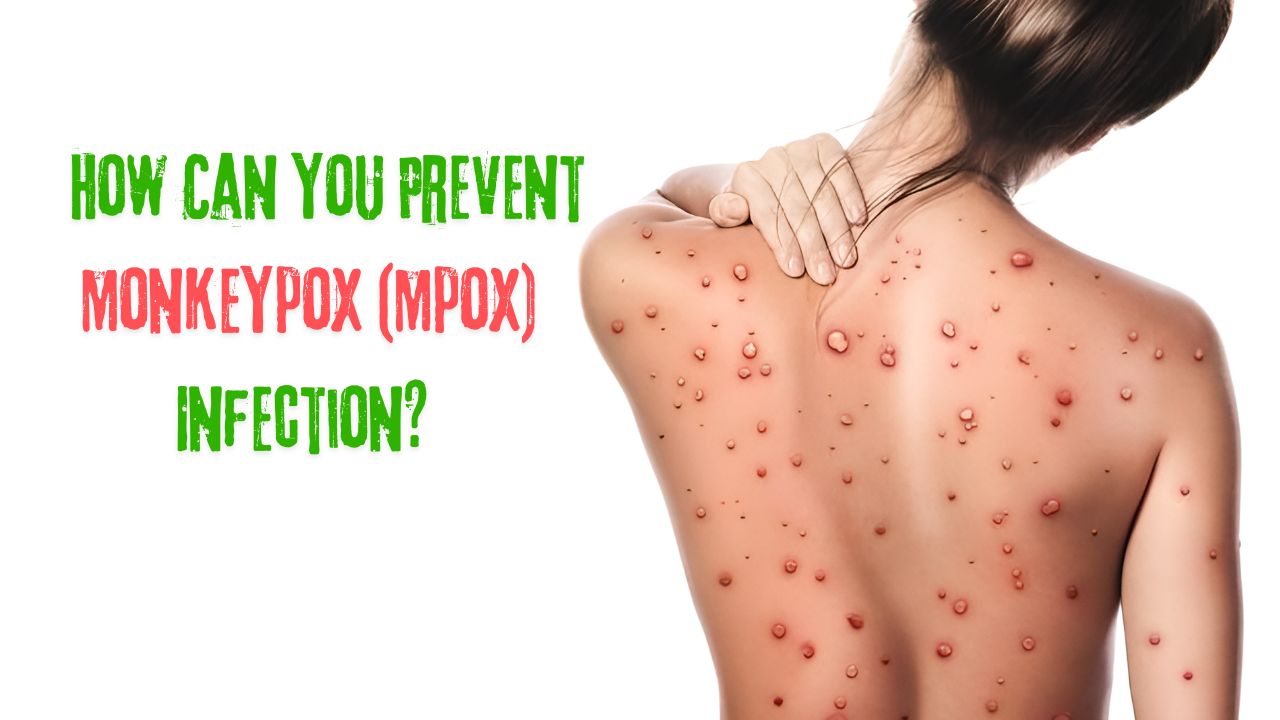Discover effective ways to prevent monkeypox (mpox) infection with essential precautions. Learn how to stay safe and protect yourself from this viral disease.
Monkeypox, a viral disease related to smallpox, has recently emerged as a significant public health concern. Although less severe than smallpox, monkeypox can still cause serious illness and requires vigilance to prevent its spread. This guide provides a detailed overview of the precautions necessary to reduce the risk of monkeypox infection.
Understanding Monkeypox (Mpox)
Monkeypox (Mpox) is caused by the monkeypox virus, which belongs to the Orthopoxvirus genus. The virus is primarily transmitted to humans from animals, but human-to-human transmission can occur, especially through close contact. The disease was first identified in 1958 among laboratory monkeys, hence the name, but it is also found in other animals like rodents.
Symptoms of Monkeypox:
- Fever
- Headache
- Muscle aches
- Back pain
- Swollen lymph nodes
- Chills
- Exhaustion
- Rash that typically begins on the face and spreads to other parts of the body
The rash goes through different stages before forming a scab, which eventually falls off.
Transmission of Monkeypox
Monkeypox spreads through:
- Direct contact with the blood, body fluids, or cutaneous or mucosal lesions of infected animals.
- Human-to-human transmission via respiratory droplets, contact with infected bodily fluids, or contaminated objects.
- Consumption of undercooked meat and other animal products from infected animals.
Preventive Measures
1. Avoid Close Contact with Infected Individuals
- Isolate infected persons: If someone is diagnosed with monkeypox, they should be isolated from others until all scabs have fallen off and a new layer of skin has formed.
- Wear protective gear: Healthcare workers and caregivers should wear appropriate personal protective equipment (PPE), including gloves, gowns, and masks, when caring for an infected person.
2. Practice Good Hygiene
- Hand hygiene: Wash your hands frequently with soap and water, especially after contact with an infected person or potentially contaminated materials. If soap and water are unavailable, use an alcohol-based hand sanitizer.
- Sanitize surfaces: Regularly clean and disinfect surfaces and objects that may be contaminated with the virus.
3. Avoid Contact with Wild Animals
- Limit exposure to animals: Avoid handling sick or dead animals, particularly in regions where monkeypox is prevalent. Be cautious when in contact with animals like rodents or primates, which can carry the virus.
- Proper handling of animal products: Ensure that all animal products, including meat, are thoroughly cooked before consumption. Avoid consuming bushmeat.
4. Safe Travel Practices
- Be cautious in endemic areas: If traveling to regions where monkeypox is endemic, avoid close contact with animals that may harbor the virus.
- Report symptoms early: If you develop symptoms after traveling to an affected area, seek medical attention immediately and inform healthcare providers of your travel history.
5. Vaccination
- Smallpox vaccine: The smallpox vaccine has been shown to provide protection against monkeypox. If you are at high risk (such as a healthcare worker or someone in close contact with an infected person), consider getting vaccinated.
- Vaccination for close contacts: In the event of an outbreak, vaccination of close contacts of confirmed cases can help prevent the spread of the disease.
6. Educate and Inform
- Community awareness: Public health education is vital in preventing the spread of monkeypox. Communities should be informed about the risks, transmission methods, and preventive measures.
- Workplace safety: Employers should ensure that employees, especially those in high-risk environments (such as laboratories or healthcare settings), are aware of the risks and trained in proper safety protocols.
Conclusion
Preventing monkeypox requires a combination of individual vigilance and community-wide efforts. By avoiding close contact with infected individuals and animals, practicing good hygiene, and staying informed, we can reduce the risk of monkeypox transmission. Vaccination and early reporting of symptoms also play crucial roles in controlling potential outbreaks. With these precautions, the spread of monkeypox can be effectively managed, ensuring better health and safety for all.

